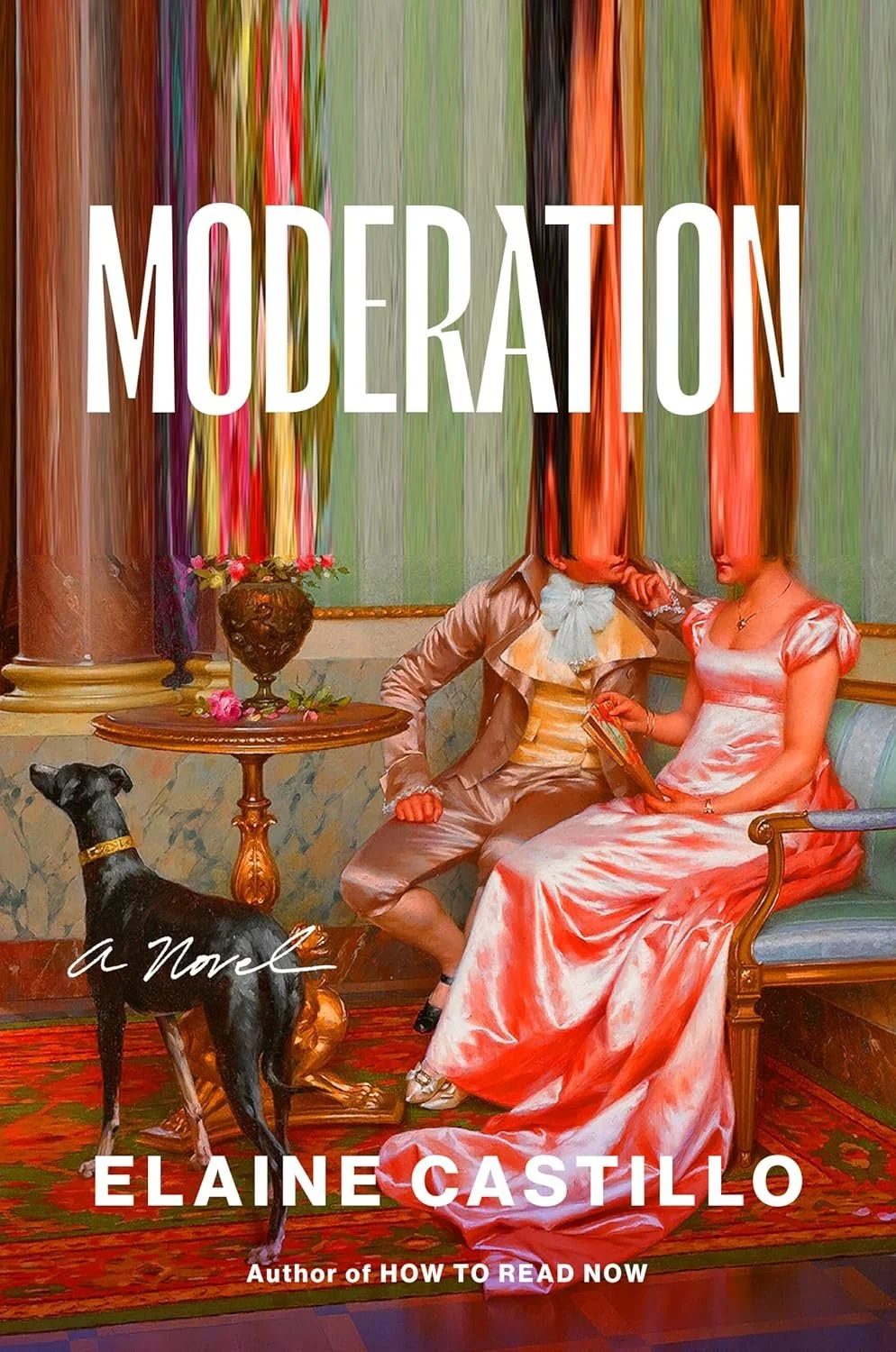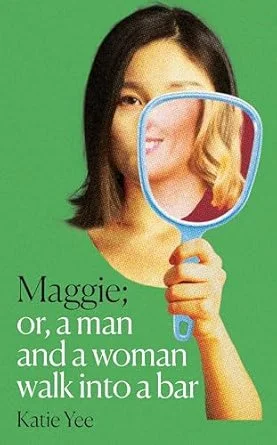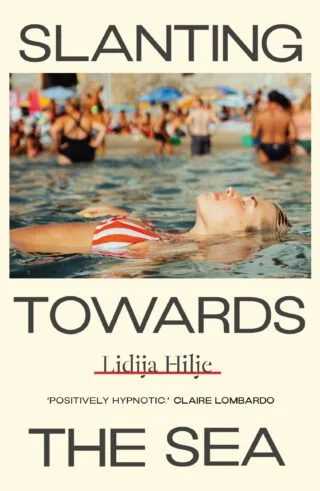A Conversation with Rebecca K Reilly
“I think that everything is inherently political. It would be gross if I wrote about queer and indigenous characters without mentioning the socio-political implications of that.”
Could you tell us a little bit more about what led to the point of you becoming a writer and now a debut author? How was the experience for you when Greta and Valdin was first published in New Zealand?
I was a call centre worker, and I won a place on a trip to Ecuador because I booked the most people on group tours from this one company. This was because everyone else wanted to book expensive personalised trips and left me with all the low-value, form-filling stuff. When I was on the trip, they started interviewing other people for my job. They really wanted a third young British man in the office. The rest of my life had gone quite awry already that year, so I didn’t have much else on, so I was at liberty to move to Wellington and become a novelist.
We don’t really have the concept of a debut author in New Zealand, so it’s not very… exciting or delightful. I know in other places there’s a lot of attention for debuts and young writers and not a sustained audience for subsequent books, but here a debut is a hotshot who’s only bothered to write one book. The positive to the tiny and austere market is that books don’t have marketing or publicity budgets, so it feels a lot more like any book and any author has the same chance to do really well, and there’s no money in it so there aren’t big celebrity authors muscling into limited space or anything.
Now that Greta and Valdin is being published in the UK and America, I wondered how you feel to know that your books are being read by people who might have little to no experience or knowledge of New Zealand or Auckland? Correct me if I’m wrong(!), but it feels like the truth of the book lies more in the characters and their relationships than the place, in the sense that, even though readers might not have read about a Māori-Russian-Catalonian family living in Auckland, the most important thing is that readers tend do understand people and relationships over and above anything else. Is that a view you would agree with?
Yes, I would. The book is just about relationships between people against a background of information I’ve looked up and believe to be historically accurate. It’s actually much nicer to publish a book in countries you don’t live in. Here everyone who reviews your book you eventually have to see on the bus or in the lobby of a theatre. It’s much better for readers to go in both fresh and far away from where I am.
I’ve just looked at some census data and 381 out of 5 million people who were in New Zealand on census night could speak Catalan and that includes tourists, so it’s very unlikely anyone’s read that particular crossover before. I feel bad thinking about how people will pronounce te reo Māori in their heads but otherwise fine. I don’t think people need to be familiar with a book’s setting to understand it, I saw a travel show last night that had a mall in Malaysia where I bought Either/Or by Elif Batuman and then didn’t read it and ate a Lebanese meal, and I didn’t feel like I was getting more from the show than my mum who has been to Malaysia but not to that mall.
I read that you were led to write about these characters because you realised that nobody in New Zealand was writing the kind of stories you felt you could tell – could you tell us more about the hole you found in the literary world and how you hoped to fill it?
People in New Zealand really hate Auckland so much, where a third of the total population and most of the immigrant population live. So much so that there’s an offensive acronym and, for a brief period, people became passionate about erecting a hard border so only we would have to deal with Covid. Aside from that, I think the national literary canon has tended to be more attracted to exceptional aspects of the country: the dramatic landscapes, farming, rural isolation, people who live on the fringes of society. More recently, there’s been work about public servants and other professionals in Wellington, where the government and the literary scene are. None of this is really my experience and coupled with that, we don’t have a lot of younger novelists—writers tend towards poetry because finding the time and money to crack out a whole novel in such an expensive place is quite impossible—so there was a lot of room for someone under 35 to write about living in the city.
Your characterisation is amazing – the entire cast feel so real and individual and are incredibly fun to read. How did you go about creating these intricate characters, and how did you approach the task of creating a group of people who all perceive things in a completely different way from one another?
I find it quite difficult to come up with new characters because it takes me so long to develop them. The parents and their friends in this book were a 2007 invention, I think. Valdin and his brother Casper and nephew Tang are from a few years later and Greta is from 2018. I used to write from all their perspectives, jumping around in time and changing details in different raw text files, but I was serious about writing a normal and readable book, so I just picked two whose perspectives I felt like I could be accepted as an authority on, the ones from the same place as me and one younger and one older, and went with that. Now I’m older than both of them because it took so long to make it to the rest of the world. To come up with fully realised characters, I have to spend a lot of time thinking about what they’d do in different situations—how would they talk to people working at the movies, what would they do on a plane, could they be on The Amazing Race, who would they vote for out of these three mayoral candidates, that sort of thing.
…
Read the full interview in the Innocence Issue.
Editorial Picks




